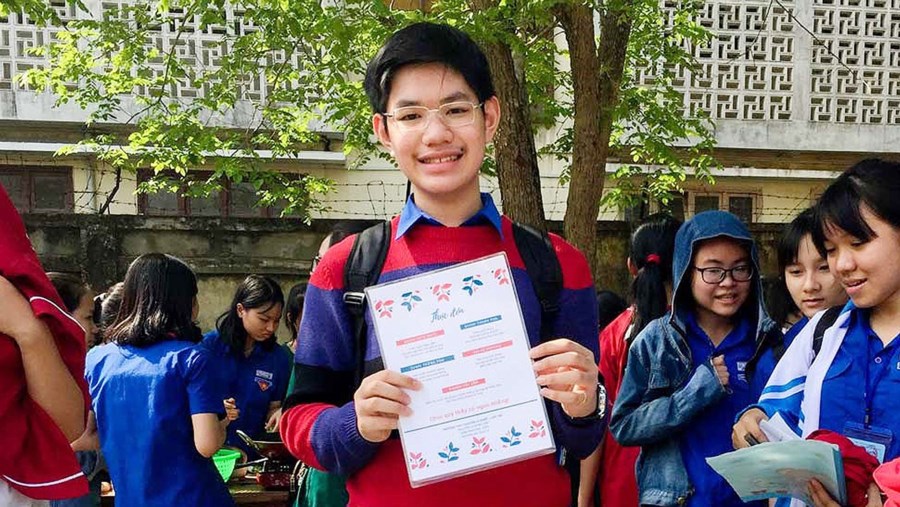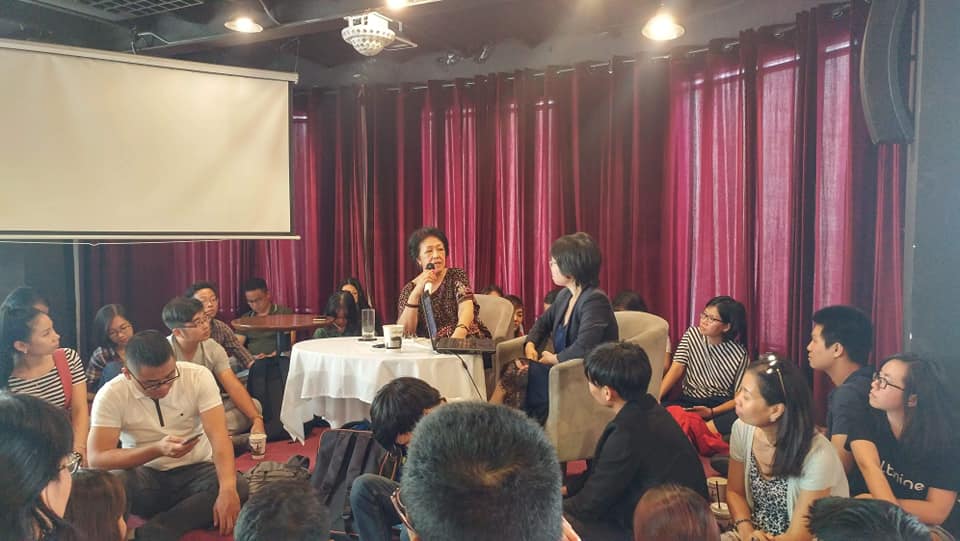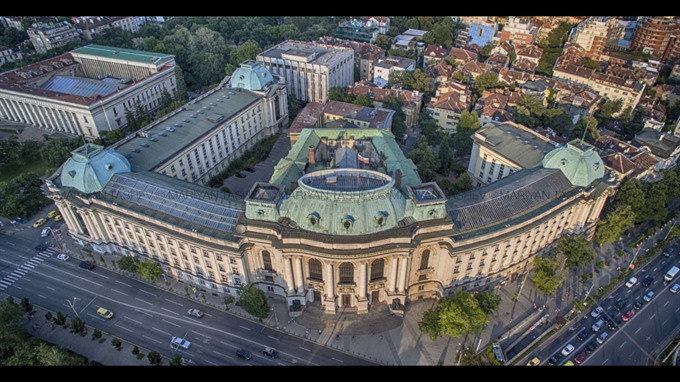Học bổng: Học phí (EU) + €18,000/năm
Hạn nộp hồ sơ: 20/9/2018
PhD Studentship in Biochemistry
A PhD position is available, funded by the Irish Department of Agriculture, Food and the Marine as part of a 4-year research project ‘Development of sensor-based microbial safety testing systems for the Irish meat industry’. The project is a collaboration between the University College Cork, Teagasc Food Research Centre (Ashtown, Dublin), one Irish meat company and one technology company. The PhD project will be for 4 years and will cover fees in addition to a personal stipend of €18,000 per annum plus research expenses. The researcher will be hosted in the Biophysics and Bioanalysis lab, School of Biochemistry and Cell Biology, UCC, however work envisages visits to the industrial and academic partners to perform experiments on their base.
Key Duties and Responsibilities: The candidate is expected to be creative, self-motivated, and should fit an efficiently and friendly atmosphere within the Biophysics and Bioanalysis lab headed by Prof. Dmitri B. Papkovsky and the Packaging lab of Prof. Joe Kerry (Food Science and Nutrition, UCC) who will co-supervise this project. This position will offer great opportunities to become visible to the Irish food industry. Further information on the hosting lab and its research:
- Trends Food Sci Technol, 2016, 50: 85; J Appl Microbiol. 2013, 114: 423.
- http://publish.ucc.ie/researchprofiles/D003/dpapkovsky
Essential Criteria: The successful candidate must have an MSc or BSc degree in biochemistry, microbiology, analytical chemistry, food science or related discipline. Experience in microbial testing (culture-based and molecular methods) of food and environmental samples, or in food microbial safety, sensors, material chemistry, spectroscopy, is an advantage.The candidate must demonstrate a high motivation; have an academic record of excellence, good writing and communication skills, initiative and ability to work within a multi-disciplinary project team to achieve results.
Stipend: €18,000 per annum + EU Fees. Non-EU candidates may apply but they will need to cover extra fees themselves.
To Apply:
Qualified candidates should send their applications with a covering letter with research statement, a CV and names of two academic references – to: Prof. Dmitri B. Papkovsky (d.papkovsky@ucc.ie), on or before the September 20, 2018. Early applications are encouraged.
Closing date: September 20, 2018.
Introduction to University College Cork
UCC was established in 1845 as one of three Queen’s Colleges at Cork, Galway and Belfast. The site chosen for the college is particularly appropriate given its connection with the patron saint of Cork, St Finbarr. It is believed his monastery and school stood on the bank of the river Lee, which runs through the lower grounds of the University. University College Cork (UCC) is the principal university in the province of Munster and the largest outside Dublin
UCC, provides over 120 degree and professional programmes through some 60 Disciplines.
The University offers an innovative, research-led curriculum, taught by world-class academics that consistently attracts a quality student intake. The University has a recurrent budget of €280 million. UCC comprises four Colleges:
- Arts, Celtic Studies and Social Sciences
- Business and Law
- Medicine and Health
- Science, Engineering and Food Science
UCC employs some 2,700 staff. The University is committed to building its capacity to carry out research of the highest international quality, and to providing research-lead teaching across the breadth of disciplines and specialisms typical of a traditional university. UCC prides itself on close connections with the professions, industry and the local community.
Staff are essential to the achievement of our mission and UCC places a special emphasis on quality improvement strategies in Human Resource Management. We seek to develop staff capable of keeping the University at the forefront in all that it does.
We offer competitive remuneration packages with progressive employment and training policies to ensure that staff have every opportunity to acquire the skills, knowledge and expertise to carry out their duties effectively and to achieve their full potential. Staff can avail of membership of a variety of clubs and societies, a wide range of facilities on campus, including a leisure centre, as well as Staff Travel and Advantage Schemes. The University has committed to establishing a supportive working environment in which the needs of all staff are recognised and their contributions valued and rewarded.






